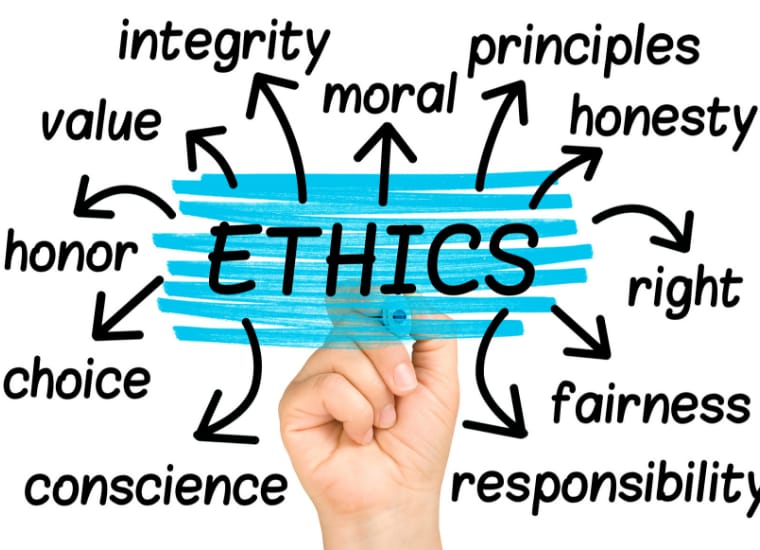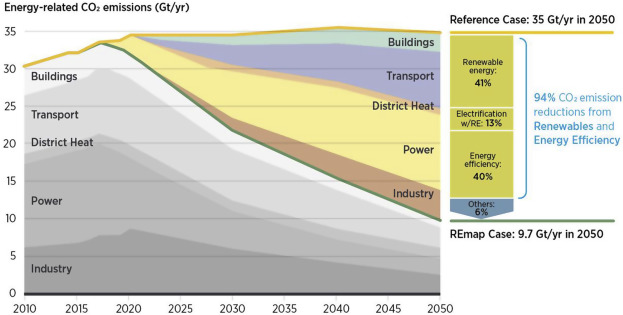Introduction: The Role of Ethics in Modern Journalism
In an age where news travels faster than ever, the role of ethics in news media has become critically important. Ethical journalism is not just about following rules; it’s about ensuring that the public receives truthful, fair, and unbiased information. Media outlets hold immense power over public opinion and societal narratives. As such, the standards guiding their reporting must be rooted in integrity. This makes media ethics a crucial pillar for maintaining trust in journalism and safeguarding the democratic process.
The Core Principles of Media Ethics
Media ethics encompasses a broad set of guidelines that journalists must follow to ensure responsible reporting. Among the key principles are truthfulness, accuracy, impartiality, fairness, accountability, and respect for privacy. These standards are designed to ensure that journalists act with integrity and report facts without distortion or sensationalism.
One of the fundamental tenets of ethical journalism is truth-telling. The media has an obligation to provide the public with accurate information. This means not only reporting what happened but also verifying facts and ensuring that the information presented is reliable. Accuracy should never be compromised for the sake of speed or exclusivity. Inaccurate reporting can lead to public misinformation, which has far-reaching consequences, especially in times of crisis.
Impartiality and fairness are equally significant in news reporting. Journalists are expected to present stories without bias, ensuring that all sides of an issue are covered fairly. This objectivity helps build trust in the media, allowing the public to form their opinions based on a balanced presentation of facts. At the same time, fairness demands that journalists avoid taking sides or promoting personal viewpoints, even in stories where emotions run high.
Challenges of Maintaining Media Ethics in the Digital Age
While these ethical guidelines are clear, applying them has become increasingly challenging in the digital age. The rise of social media and the demand for 24-hour news cycles have shifted the way journalism is practiced. Many media outlets now face immense pressure to break stories quickly, often sacrificing accuracy in the process. The race to be first can lead to errors, which may later have to be retracted, but the initial misinformation can cause lasting damage.
Additionally, the explosion of online platforms has blurred the line between professional journalism and user-generated content. Misinformation can spread rapidly, and the role of journalists as gatekeepers of truth has been compromised. This makes it even more important for reputable media organizations to adhere strictly to ethical standards, serving as reliable sources of fact in an increasingly noisy information landscape.
Another challenge facing journalists today is dealing with the influence of political and corporate interests. Media outlets, particularly those funded by large corporations or governments, may face pressure to skew stories in a way that benefits their financial backers. This undermines the principle of impartiality and raises questions about the credibility of the news being reported. Journalists must be vigilant against these influences and work to maintain their independence, ensuring that their loyalty remains with the truth and the public.
The Role of Accountability in Media Ethics
Accountability is a cornerstone of ethical journalism. When mistakes are made, it is essential that media outlets acknowledge them and correct the errors promptly. This transparency not only builds trust with the audience but also reinforces the notion that journalists are committed to truth and integrity. Failure to take responsibility for inaccuracies or misrepresentations can erode public confidence in the media.
Another key aspect of accountability is the responsibility to protect sources and respect the privacy of individuals involved in news stories. While the public has a right to know about matters of significant public interest, journalists must carefully weigh the potential harm caused by invading someone’s privacy. Sensationalism and invasion of privacy for the sake of higher ratings or clicks are considered unethical practices in journalism.
Conclusion: The Future of Ethical Journalism
Ethics in news media is more than a set of guidelines; it is the backbone of credible journalism. In today’s world, where trust in media is frequently questioned, upholding ethical standards is more important than ever. Journalists must navigate the pressures of modern reporting while maintaining their commitment to truth, fairness, and accountability. As the digital landscape continues to evolve, the principles of media ethics will serve as a compass, ensuring that the news remains a force for transparency and democracy. Without this ethical foundation, journalism risks losing its role as the fourth estate, a vital watchdog of power and a trusted informant to the public.



